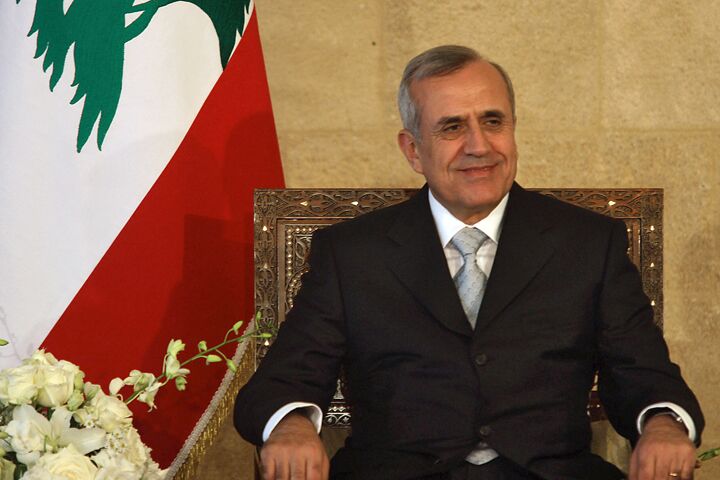
Hezbollah Gains New Powers in Lebanese Government
After weeks of political discussion, Hezbollah and its allies have acquired the power of veto in a new Lebanese national unity government.
After the Iranian-backed terrorist group Hezbollah exhibited a strong show of force in May that threw the already hobbled Lebanese government even more off balance, the outline of the current agreement was sketched out. Now, after seven weeks of haggling over who gets which post, it is official.
The Iran-backed terrorist group now has one cabinet post: the Ministry of Labor. The former opposition group, which includes Hezbollah, now holds 11 of 30 seats and controls key posts, such as the Foreign Ministry, deputy prime ministership and the Telecommunications Ministry. By leaving most of the positions for its allies, Hezbollah “has exercised political power discreetly,” wrote the International Herald Tribune, “preferring to avoid the fears that might be stirred if it appeared to be taking control of the state.”
The majority coalition will have 16 positions, and the remaining three posts have been appointed by the new president, Michel Suleiman, a pro-Syrian politician.
This will be the first time since November 2006 that Lebanon has had a full-fledged government. The country has been without a president since autumn last year.
A year and a half ago, six cabinet members, two of whom were from Hezbollah, resigned from the government. Their goal was to get minority veto power, requiring one third of the cabinet posts. Now, this goal has been realized.
Hezbollah, at least in the short term, has come out on top. It now controls enough seats to ensure that any bill designed to curtail or disarm it is blocked.
Its victory may be complicated, however, by one of its two primary backers, Syria. The situation is difficult to read at present, but divisions between Syria and Iran may be emerging. Reports of an imminent peace deal with Israel, the terms of which could involve putting a clamp on its support of Hezbollah, have also surfaced, though there is plenty of evidence to suggest that would not occur.
In the end, these changes could result in Hezbollah speeding up the timetable for an attack on Israel—or Iran gaining sole control over Hezbollah and more influence in Lebanon than it has ever had.
Hezbollah is a key tool of Iran, which means that Iran may well emerge as the real winner in this new power-sharing deal. The situation is in the air and definitely worth continued scrutiny.
